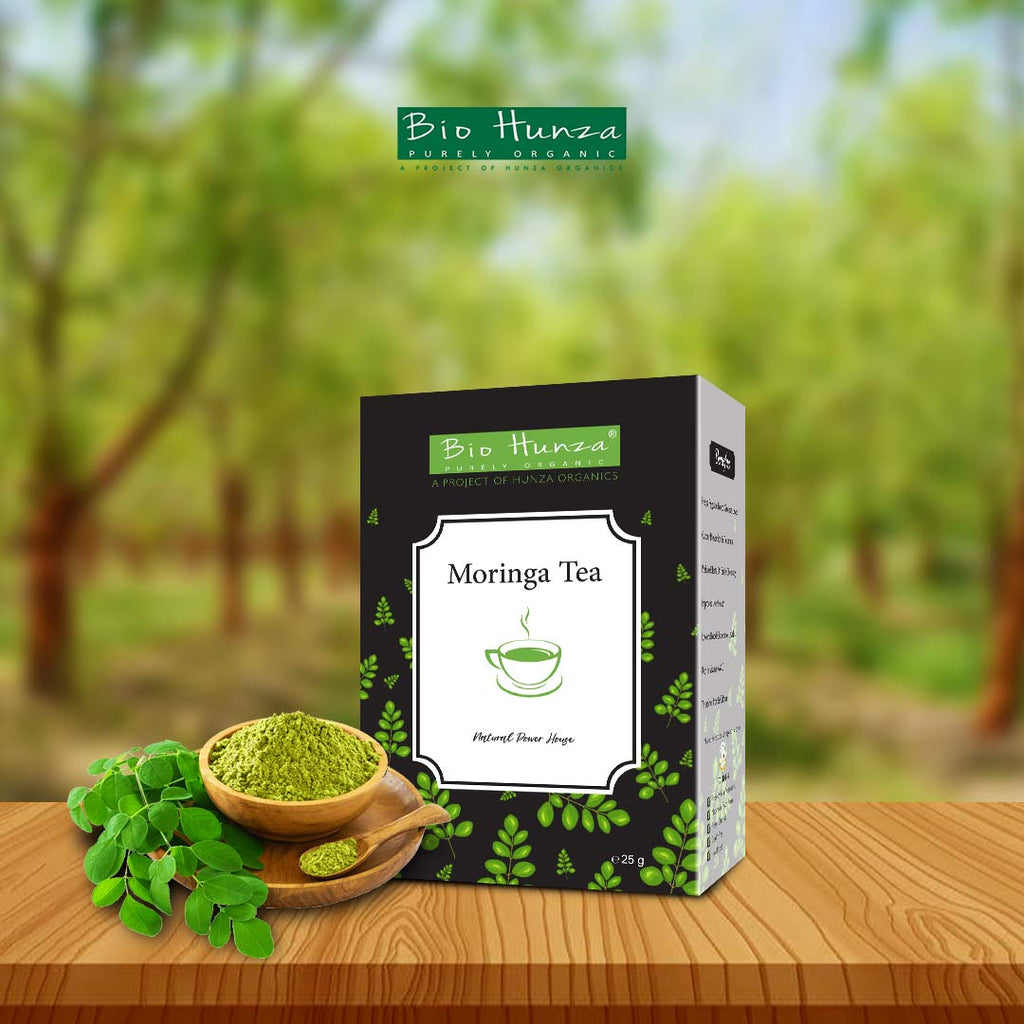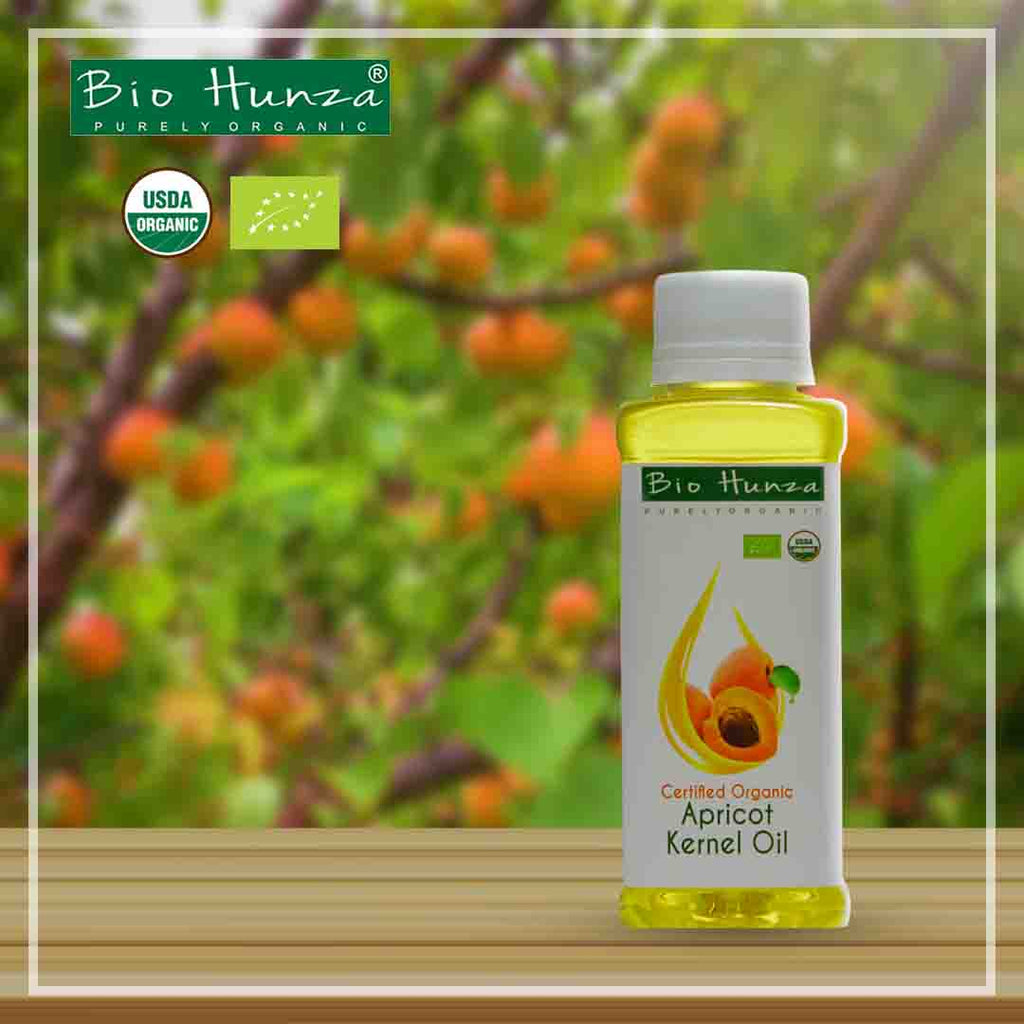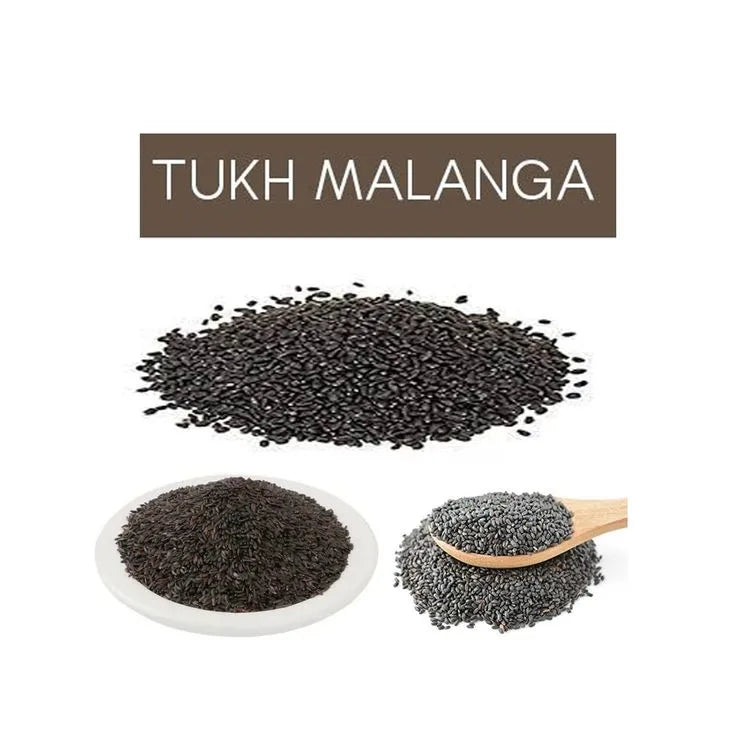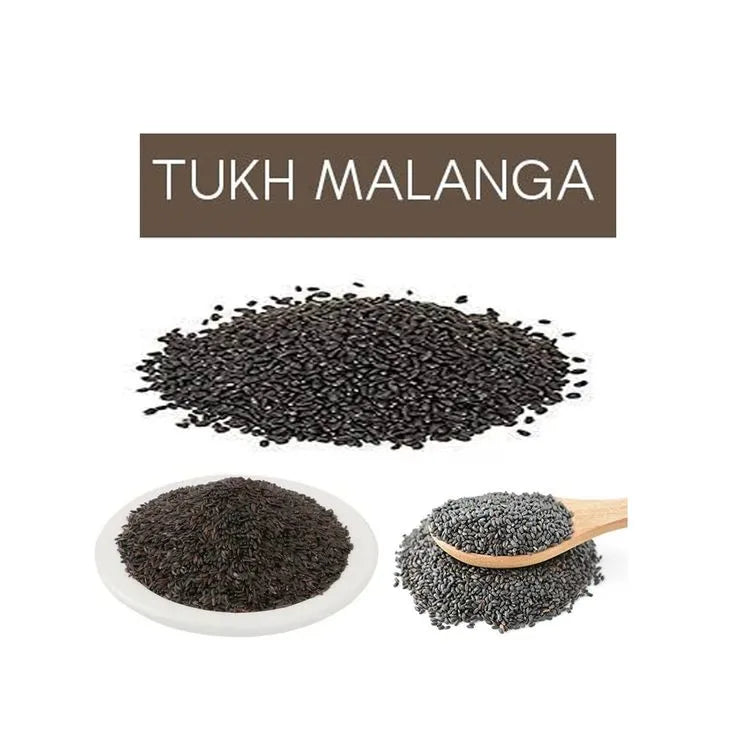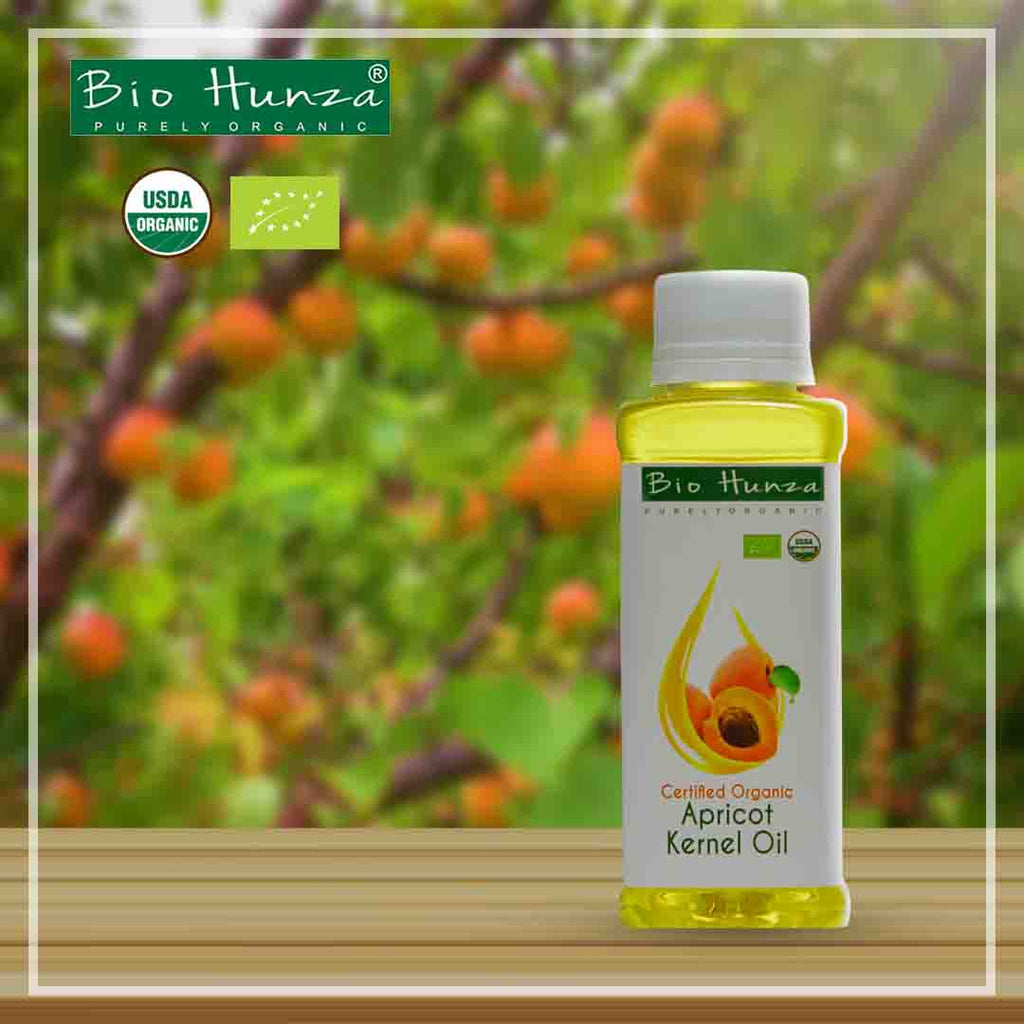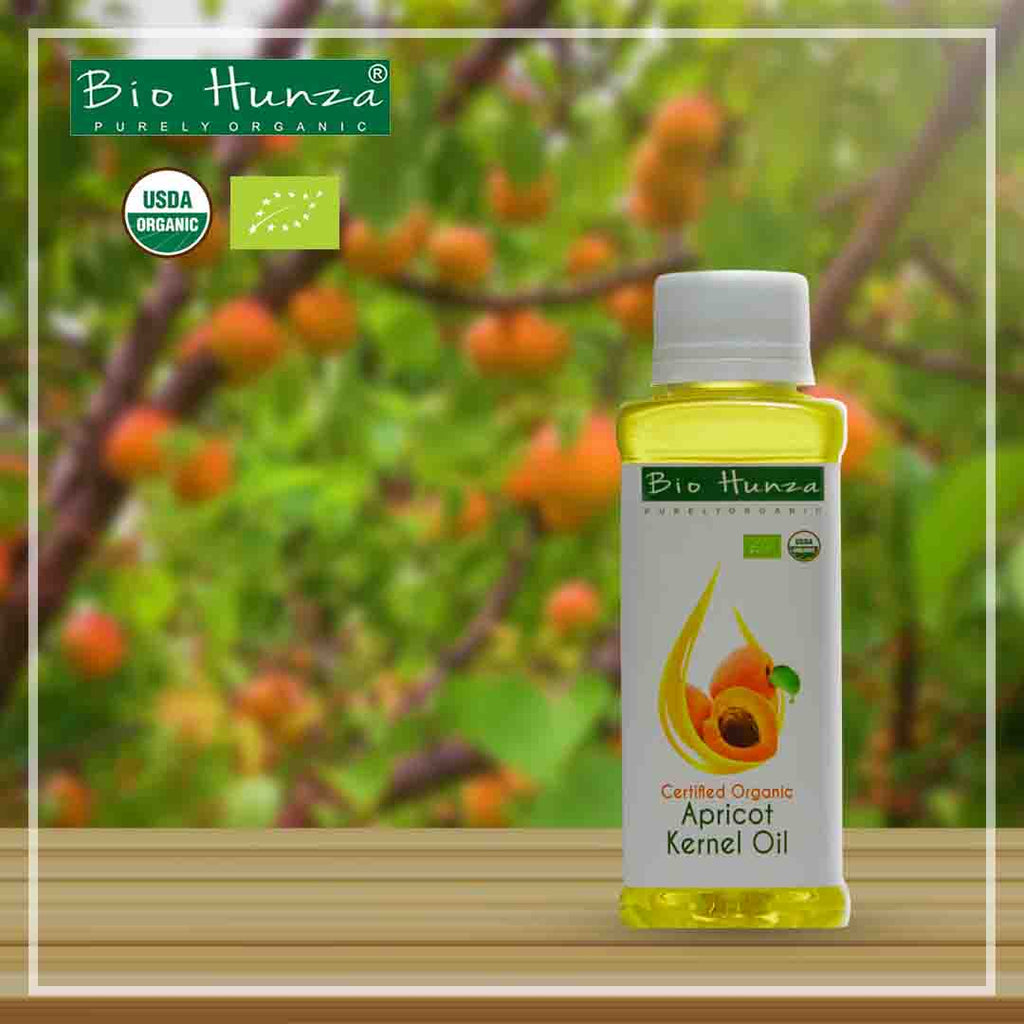
Can Apricot Oil Be Used for Hair? Benefits & Uses

Can Apricot Oil Be Used for Hair? Benefits, Uses & More
Introduction
Apricot oil is a versatile natural oil derived from the kernels of apricots. It is packed with essential fatty acids, vitamins, and antioxidants, making it a popular choice for skincare, cooking, and hair care. But can apricot oil be used for hair? In this blog, we’ll explore the benefits of apricot oil for hair, how to use it effectively, and answer commonly asked questions.
What is Apricot Oil?
Apricot oil is extracted from apricot kernels and is rich in vitamin E, vitamin A, and omega-9 fatty acids. It is a lightweight oil that absorbs quickly, making it ideal for various applications, including skin and hair care.
Benefits of Apricot Oil for Hair
1. Deeply Moisturizes the Scalp
Apricot oil acts as a natural emollient, providing intense hydration to dry and flaky scalps. It helps prevent dandruff and keeps the scalp nourished.
2. Promotes Hair Growth
Rich in oleic acid and linoleic acid, apricot oil strengthens hair follicles, reducing hair fall and promoting healthy growth.
3. Adds Shine and Softness
The lightweight nature of apricot oil ensures that hair remains smooth, soft, and frizz-free without making it greasy.
4. Protects Against Environmental Damage
Apricot oil contains antioxidants that shield the hair from pollution, UV rays, and other environmental aggressors.
How to Use Apricot Oil for Hair
1. As a Hair Mask
Apply warm apricot oil to your scalp and hair, leave it on for 30 minutes, then wash with a mild shampoo. This deep-conditioning treatment helps restore moisture and shine.
2. As a Leave-In Conditioner
Add a few drops of apricot oil to damp hair to lock in moisture and keep hair frizz-free throughout the day.
3. As a Carrier Oil for Essential Oils
Apricot oil works as an excellent carrier oil. Mix it with essential oils like lavender or rosemary to boost its hair care benefits.
Can Apricot Oil Be Used for Other Purposes?
1. Can Apricot Oil Be Used as Lube?
Apricot oil is a natural moisturizer, but it is not recommended as a lubricant due to its potential to degrade latex and cause irritation.
2. Can Apricot Oil Be Used on Face?
Yes! Apricot oil is non-greasy and lightweight, making it an excellent moisturizer for dry and sensitive skin.
3. Can Apricot Oil Be Used for Cooking?
Apricot oil is sometimes used in cooking, especially in salad dressings, but refined apricot oil is a better choice for culinary use.
4. Can Apricot Oil Be Ingested?
While apricot oil can be consumed in small amounts, always ensure it is food-grade before ingestion.
5. Can Apricot Oil Cause Acne?
Apricot oil is generally non-comedogenic, meaning it does not clog pores. However, those with acne-prone skin should do a patch test before use.
6. Can Apricot Oil Clog Pores?
Apricot oil has a low comedogenic rating, meaning it is unlikely to clog pores and is safe for most skin types.
FAQs
1. Is Apricot Oil Safe for All Hair Types?
Yes, apricot oil is suitable for all hair types, including dry, curly, and straight hair.
2. Can I Use Apricot Oil Daily on My Hair?
Yes, using a few drops daily can keep hair hydrated and manageable without making it greasy.
3. Does Apricot Oil Help with Dandruff?
Yes, its moisturizing properties help reduce scalp dryness and flakiness, preventing dandruff.
4. Can Apricot Oil Replace My Regular Conditioner?
Apricot oil can be used as a natural conditioner, but it’s best to combine it with other hair care products for optimal results.
5. Where Can I Buy High-Quality Apricot Oil?
You can find premium-quality apricot oil at BioHunza, which offers pure and natural apricot oil for multiple uses.
Conclusion
Apricot oil is a fantastic natural remedy for hair care, offering deep hydration, nourishment, and protection. Whether used as a hair mask, leave-in conditioner, or mixed with essential oils, it provides multiple benefits for strong and shiny hair. If you're looking for high-quality apricot oil, check out BioHunza for the best organic options.

